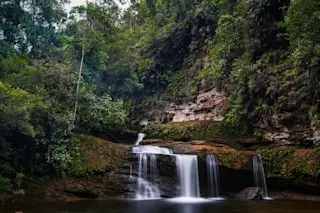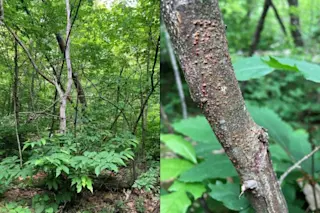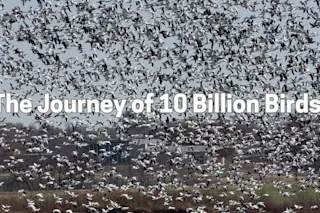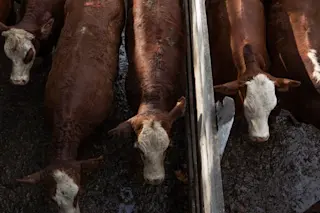When Colombia’s largest guerrilla group laid down its weapons in 2016 as part of a landmark peace deal, it ushered in a new chapter in the country’s history after five decades of brutal civil war. But the pact also created an unintended victim: the country’s forests.
Since the Revolutionary Armed Forces of Colombia (FARC) demobilized, deforestation has soared, a study published in the journal Global Environmental Change has found.
Between 1988 and 2011, when Colombia’s conflict raged, deforestation rates remained relatively stable between the Andes mountains and the Amazon rainforest. But between 2012, when peace negotiations began, and 2019, the latest year for which data is available, conversion from forest to agriculture increased by 40%.
The study echoes national deforestation data for recent years. In 2016, deforestation spiked by 44% as people took advantage of the power vacuum to clear forest for coca production, cattle, and land speculation.
“Nature was ...














